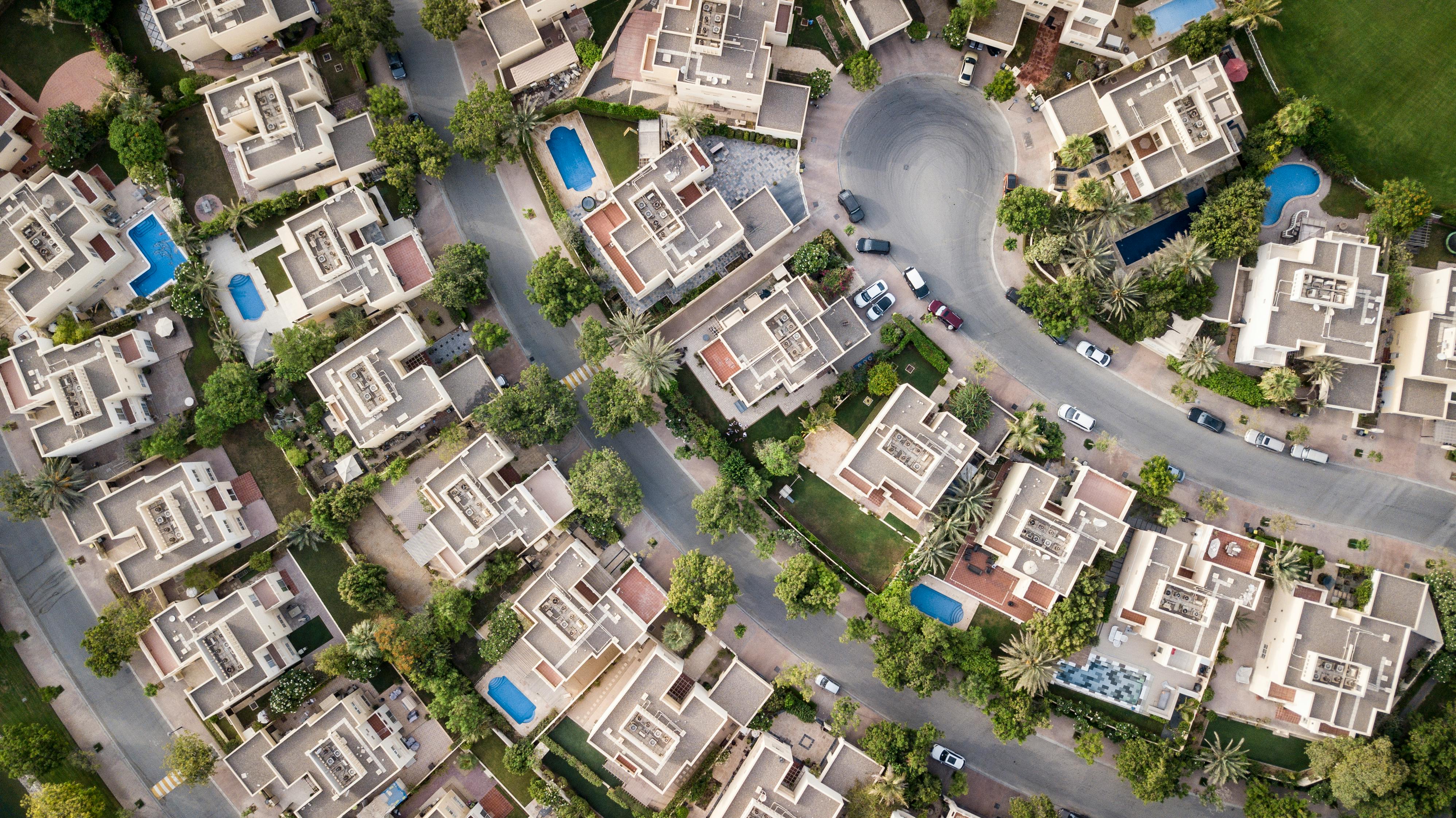Maltese property prices are expected to rise moderately in 2011
Strategically located in the heart of the Mediterranean, Malta enjoys sunshine for most of the year. Blessed with long, dry summers and short, mild winters, this small island roughly 60 miles south of Sicily is a year-round destination for people from Europe and elsewhere. In addition to a good climate, Malta has history: in variety and abundance, romance, a breath of the Orient, beautiful old houses of golden limestone, warm and welcoming English-speaking people, safety, and good standards of education and medical care.
EU membership, a favorable tax structure and good infrastructure have made Malta a preferred destination for European retirees, lifestyle shoppers and investors alike. For retirees, the income tax rate is as low as 15%. There are no inheritance, heritage and municipal taxes. Corporate tax rates range from a maximum of 35% to zero. In general, living costs are lower than elsewhere in the EU.
Although most of the demand for property in Malta is driven by locals who consider property to be one of the best investments, foreign demand for Maltese property is also increasing with the improving economic situation in some EU countries. Fortunately, the recession has not affected the Maltese property market as much as it has in other countries and many foreign buyers now consider the country a relatively safe haven for their funds.
The Maltese economy is quite stable and relies heavily on tourism. In recent years, the number of low cost flights to Malta has increased significantly, attracting more visitors each year. 2009 and 2010 saw a marked increase in tourist traffic relative to previous years. Multinationals based in the Middle East are also establishing offices in Malta with the aim of reaching emerging markets. Consequently, the demand for rentals has increased.
Maltese property prices, which had weakened to some extent in 2008, are now in positive territory largely due to fairly low home loan rates, increased demand for rental properties in some areas, and the availability of quality properties at affordable prices. In general, the Maltese property market has fared better than many others in the EU, particularly those in Spain, Greece, Portugal and Cyprus.
According to the Central Bank of Malta, price growth for the second quarter of 2010 had settled at moderate levels compared to the previous quarter. The bank attributed the increase to apartment prices, which were higher than character houses, villas and townhouses. While duplex prices fell year-over-year, townhome prices stayed the same.
As indicated in a report based on a survey by the Royal Institution of Chartered Surveyors, price increases are generally better than expected. Although in some areas prices are falling, in others the trend is upward. Regions like St. Juliens and Sliema are doing well.
Citizens of EU countries can buy property in Malta subject to conditions. However, they may purchase more than one property in SDA or specially designated areas such as Tigne Point, Portomaso, Cottoenra, Chambray and Manoel Island. A recent amendment allows foreigners to rent personal property to tourists on short notice if the property meets standards set by the Malta Tourism Authority.
The government recently decided to exclude non-EU citizens from the Residents Plan. This move could have an adverse impact on property sales and prices in areas that are popular with citizens of non-EU countries.
In general, this could be an opportune time to invest in property in Malta, provided you analyze the market well and identify areas that have consistent demand for sale and rental and potential for price growth. Apartments in Sliema, St. Andrews and St. Juliens are usually good buys. Maltese property has quite a few positives: prices remain relatively reasonable, buyers can choose from a range of modern apartments and charming old houses, and prices are expected to rise in the coming years.
Points about property transactions:
• Once the buyer and seller have agreed on a price, they enter into a preliminary agreement and the buyer is normally required to pay a 10% deposit.
• This agreement is subject to the issuance of a non-resident AIP permit.
• The Notary Public performs a search on behalf of the buyer to verify that the property has a clear title.
• Once the conditions of the pre-agreement have been met, both parties draw up and sign a definitive deed of sale.
• EU and non-EU citizens must meet a number of conditions in order to buy property in Malta.
• They must also prove that the funds for the purchase originate abroad.
